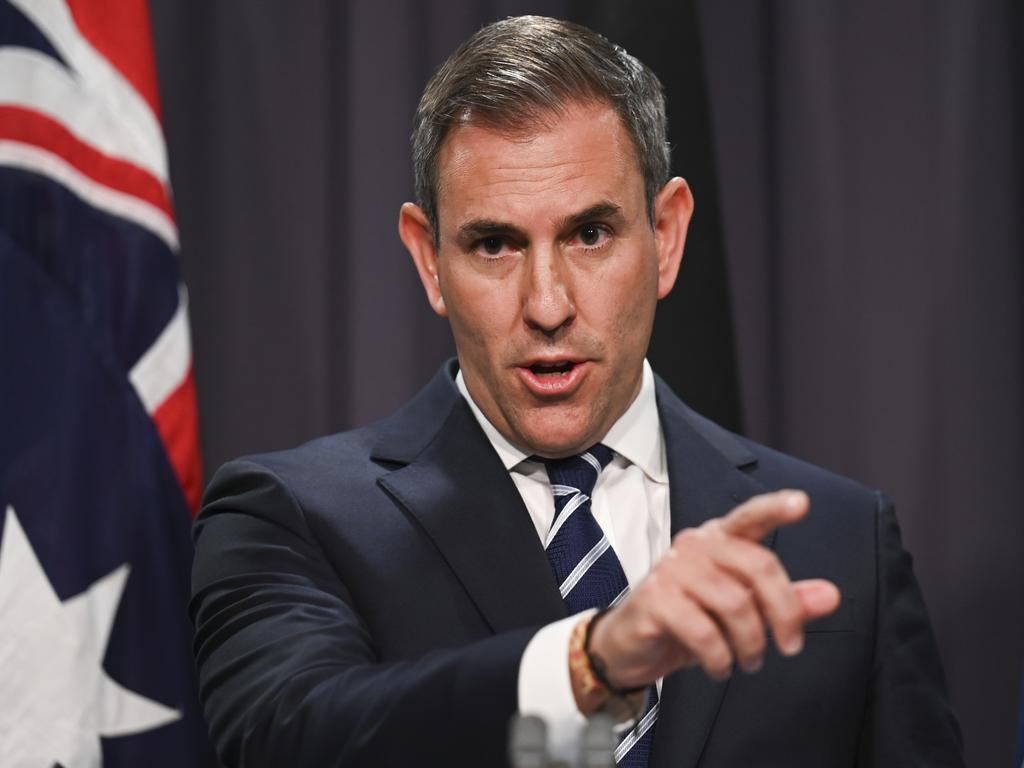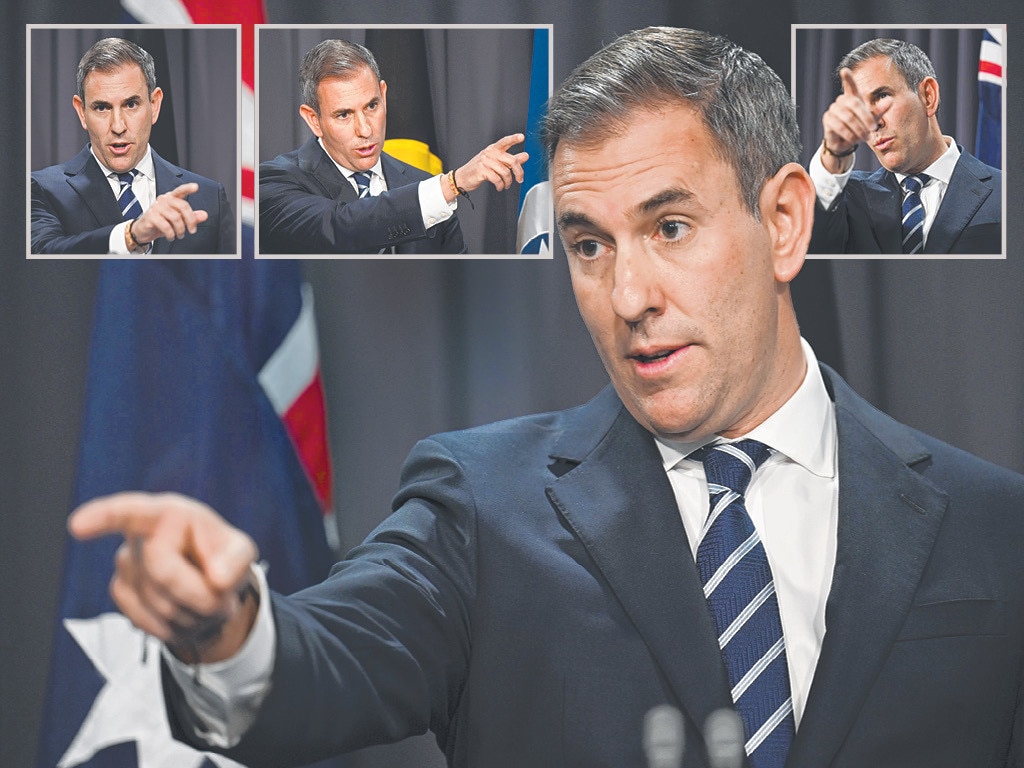Why dumb politics has finally killed off smart policy


Sadly, we have come to a point in our history where it is difficult to sustain the accuracy of the statement. Now it’s all about politics, with good policy being regarded as a secondary consideration or not relevant at all. The decline in the quality and the fragmentation of media coverage have facilitated this shift.
Keating was also a believer in consistent and unremitting communication, carefully explaining the policy issues to voters and the preferred solutions. Not all reforms are necessarily obvious to people, in part because the benefits of the existing arrangements are often concentrated in the hands of well-defined groups, while the costs are spread over very large numbers. The case for reducing tariffs and other forms of protection requires careful explanation, for instance.
To make the case for change, the complaints of the potential losers must be addressed, and the broader gains must be outlined. The fact that it generally takes some time for the net benefits to become obvious makes good policy an artform that needs skilful and diligent implementation by exceptional politicians aided by highly competent bureaucrats.
A standout example is the introduction of the GST under the stewardship of Coalition treasurer, Peter Costello. The amount of preparation and explanation that went into that exercise was truly staggering. It’s hard to imagine a similar exercise being undertaken today. And don’t forget there was a complete restructuring of the income tax system as well as the elimination of several highly inefficient federal and state taxes and imposts.

If we think of today and focus on recent federal governments, save some minor exceptions, the only thing driving decisions is politics and how voters will react. Currently, there is no pretence that good policy is being pursued, particularly by the Treasurer but also in other portfolio areas.
Of course, identifying good policy must be the starting point for the application of Keating’s maxim. On the face of it, Jim Chalmers looks as though he has undertaken a few weeks of a wildly outdated Macroeconomics 101 course and reached all the wrong conclusions. He speaks like an old-fashioned Keynesian pushing propositions that have long been discredited.
Upon the recent release of the National Accounts, which revealed extremely weak economic growth, Chalmers leapt to the bizarre conclusion that “without government spending, there would be no growth in the economy”. It clearly didn’t occur to him that government spending is impacting on other spending in the economy, in particular investment but also consumption.
Nor did he care to mention that we have had six quarters of declining per capita growth, an outcome associated with the inflation unleashed in part by government spending as well as excessive growth of the population.
For Chalmers, it’s all about politics, about avoiding the emergence of a technical recession – two successive quarters of negative growth. He is also curiously dismissive of the slump in productivity. The National Accounts revealed productivity is now back to the 2016 level, having fallen by a massive 0.8 per cent in the June quarter.
But when Chalmers was questioned about this outcome, he batted the topic away, declaring it was a long-term issue, and that the government is (apparently) working on it. He utterly fails to understand the central role productivity plays in promoting higher living standards. Without a pick-up in growth, the Reserve Bank will have little choice but to keep interest rates higher for longer.
Chalmers’ lack of policy acumen was also on display last week when commenting on the decision by the Federal Reserve in the US to cut its official interest rate by 50 basis points. He talked about global uncertainty and weak economic growth. The real reason for the Fed’s decision was the fact inflation in the US is now comfortably within its target band and productivity there is growing at a very reasonable clip.

Chalmers is coming very close to undermining the independence of the Reserve Bank by hinting that Australia should be following suit as official interest rates are cut in several advanced economies. To be sure, the US acted rapidly to put up its rates, and to higher levels, when inflation first appeared – a contrast with the decision-making of our central bank. But there is a real message there: we should not expect the same experience on the way down as our inflation rate persistently hugs the 4 per cent level.
In case you think I am picking on the Treasurer, I would be the first to admit that politics is overwhelming the principles of good policy in many areas – think energy, industrial relations, migration. But the real point is that the Treasury portfolio has always been the engine room of reform, with Keating and Costello being the outstanding leaders in the field.
It is inconceivable, for instance, that Keating would have simply sat back and allowed the radical and productivity-sapping changes to industrial relations laws to be enacted. In fact, it was Keating himself who drove the shift to enterprise bargaining away from centralised wage determination, beginning with a historic speech he gave to the Australian Institute of Company Directors. One under-appreciated achievement of Costello was his willingness to reject entreaties for more federal government spending and embrace new areas of involvement for the federal government, with disability and public school funding being important examples.
He was very aware of the confusion of federal-state financial relations that would ensue as well as the pressure it would place on the federal budget. Sadly, the downsides he foresaw have come to pass as subsequent treasurers failed to resist the pressures from persistent interest groups.

It is astonishing, although warranted, that former ACTU secretary Bill Kelty should now openly criticise the Albanese government for its failure to enact good policy. “We need a Labor Party in which the big issues are confronted,” he said, going so far as to describe the government as being “mired in mediocrity”.
Kelty was an important wingman for Keating. And while the conditions no longer apply for an Accord-type arrangement, his commitment to constructive policymaking that would form the basis of higher living standards is simply not matched by the current leadership of the trade union movement. These days, ACTU secretary Sally McManus and her team are fixated on locking in as many legislative and regulatory favours as they can from the Labor government and hang any broader adverse consequences.
Can good policy once again become good politics? It seems unlikely. But given that decisions based on short-term politics will often lead to harmful long-term consequences, there may come a time when the political leaders of the day embrace the Keating rule again.






Former treasurer and prime minister Paul Keating had many good lines. But my favourite is this: good policy is good politics. It might not have the invective flair of some of his others but it is a very important proposition that guided most of his political life.